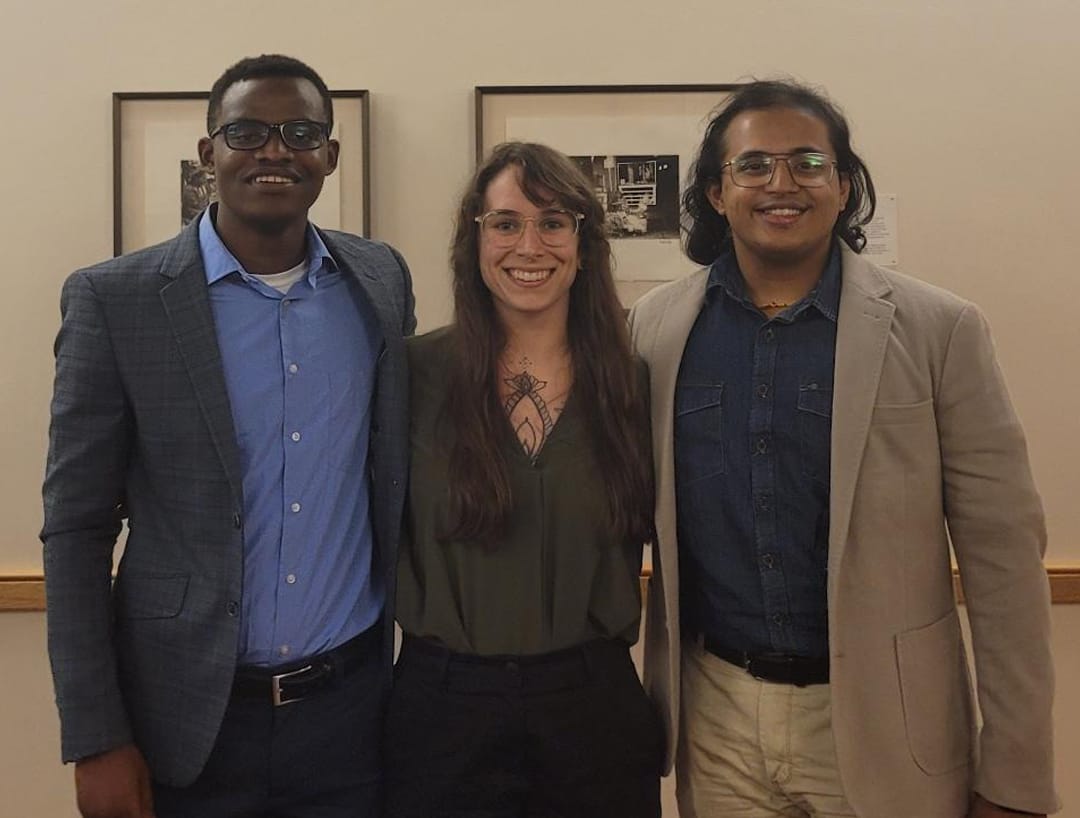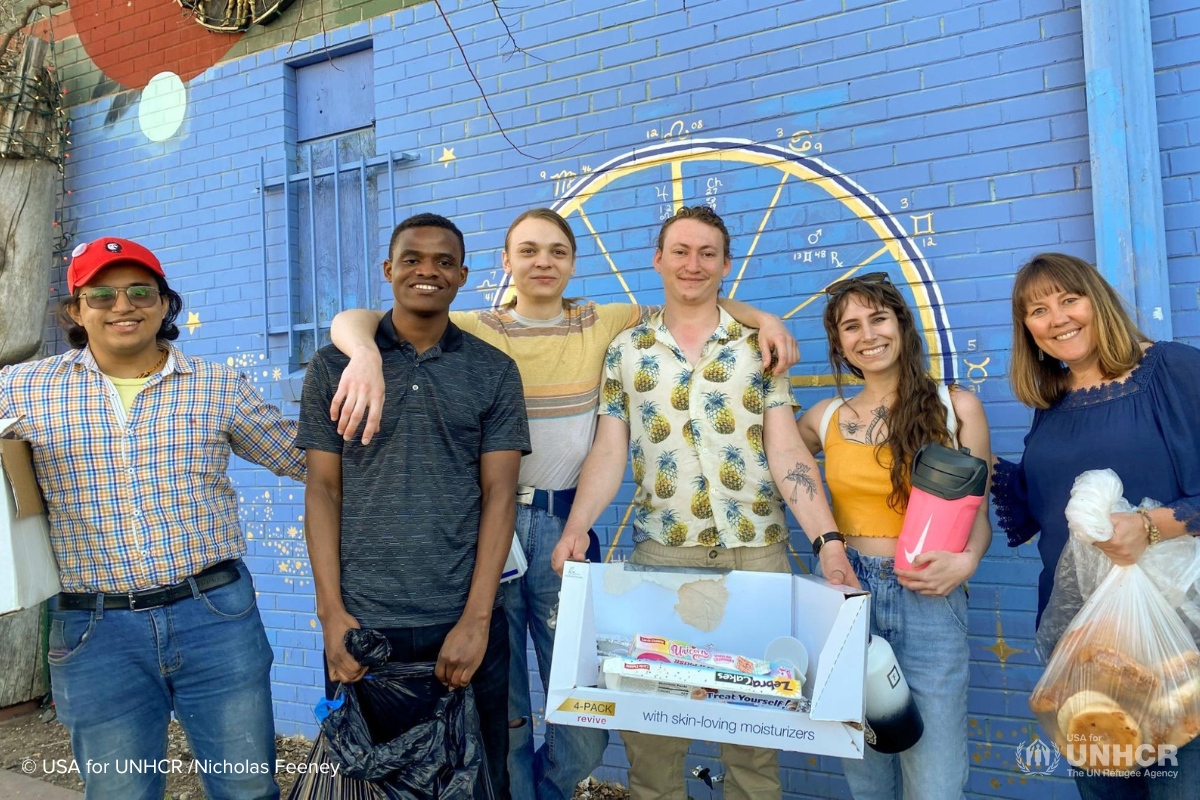
Colectivo de Paz is a grassroots nonprofit that creates Communities of Action through proactive advocacy and responsive services to meet the immediate and systemic needs of Metro Denver’s historically underserved communities.
Founded in 2021, CDP operates under a person-centered and community-first organizing methodology that combines responsive services addressing immediate community needs with proactive programming to build long-term self-advocacy capacity.
Colectivo de Paz began with the dream of a more connected, more equitable Denver, with self-reliant communities that are empowered to advocate for their rights and poised to win them. As a new immigrant, founder Hridith Sudev experienced firsthand the barriers facing working-class immigrants and noticed how resources meant for marginalized communities—immigrants, refugees, people of color, working families, and those at risk of homelessness—were disconnected and dispersed.
While studying at the University of Denver, Sudev conducted extensive community outreach, even partnering at times with future CDP co-founders Clare Nicholson and Methusella Rwabose, the latter himself an immigrant and refugee from the Democratic Republic of Congo. In 2019, Sudev and his Community Change Initiative teammates at DU’s PLP Leadership Program attempted to build a collective mutual aid space for immigrants, a precursor to what would become Colectivo de Paz, but the COVID-19 pandemic halted these plans.
In 2021, Sudev assembled a diverse coalition of young organizers—Methusella, Nicholson, Logan Smith, and Olivia Montoya—to resurrect this idea and establish it as Colectivo de Paz. Incorporated on October 21, 2021, the organization was inspired by Burkina Faso’s revolutionary founder Thomas Sankara, and adopted a dual approach: addressing immediate community needs through responsive services while building long-term self-advocacy capacity through proactive programming.
CDP’s work began modestly with mutual aid drives using food donations from the Colorado Singh Sabha Sikh Temple, churches, and local food banks. Operations soon expanded to a weekly community kitchen in Director Julian Temianka’s one-bedroom apartment, where organizers prepared the hot meals, which they then distributed to unhoused neighbors along with hygiene kits and resource materials. The program soon grew to include clothing, essential supplies, street medicine, and advocacy training.


